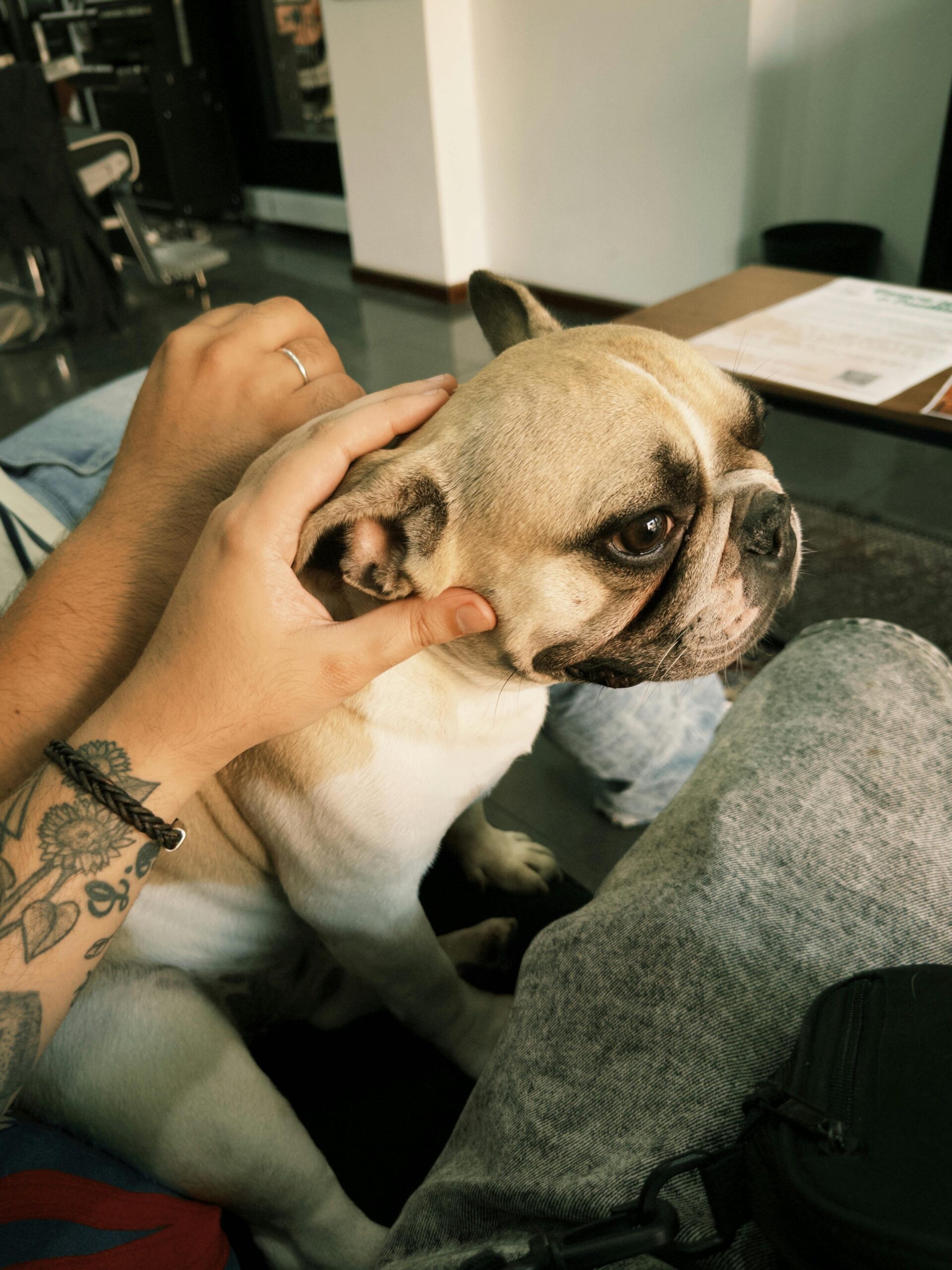Just like humans, dogs can go through emotional ups and downs. While a wagging tail is often a sign of joy, a sudden shift in your dog’s behaviour could mean something more serious including depression. Whether caused by a change in environment, the loss of a companion, or boredom, canine depression is very real. In this post, we’ll explore 4 common signs to watch for and how you can support your pup back to their happy, tail wagging self.
1. Loss of Interest in Play or Walks
If your usually energetic pup seems uninterested in toys, walkies, or their favourite games, it could be a sign of emotional distress. Dogs who are feeling low often lose their spark for the things they used to love.
What to Do:
Try reintroducing positive routines gently. Start with short, familiar walks, new toys, or quality one on one time. Routine and engagement help reignite joy.
2. Changes in Appetite
Has your dog stopped eating, or are they suddenly overeating? Both can indicate emotional upset. A depressed dog may ignore food completely or eat for comfort.
What to Do:
Stick to a consistent feeding schedule. Offer nutritious, familiar meals and avoid sudden diet changes. If appetite loss continues beyond a day or two, consult your vet.
3. Excessive Sleeping or Withdrawal
While naps are normal (and well-earned!), a depressed dog may sleep much more than usual and seem withdrawn from family life. They may also isolate themselves or avoid cuddles and attention.
What to Do:
Spend extra time with your dog in a calm, loving way. Sit with them quietly, talk softly, and offer comfort. Try not to overwhelm them gentle presence works best.
4. Changes in Body Language or Behaviour
Dogs may show their emotions physically such as tail tucked, ears down, excessive licking, or pacing. Some may become more clingy, while others retreat.
What to Do:
Be observant and patient. Provide plenty of reassurance, and avoid scolding changes in behaviour. Gentle consistency, love, and attention go a long way in lifting their spirits.
When to Seek Help
If your dog shows multiple symptoms or their behaviour doesn’t improve within a week, it’s time to speak with a vet. There may be an underlying health issue or more serious emotional trauma that needs support. Your vet may recommend professional behaviourists or additional care options.
Final Thoughts
Your dog is more than a pet they’re a family member, with big feelings tucked behind those loving eyes. By staying attuned to changes and responding with love, patience, and care, you can help your furry friend bounce back. After all, no one knows your dog like you do.







